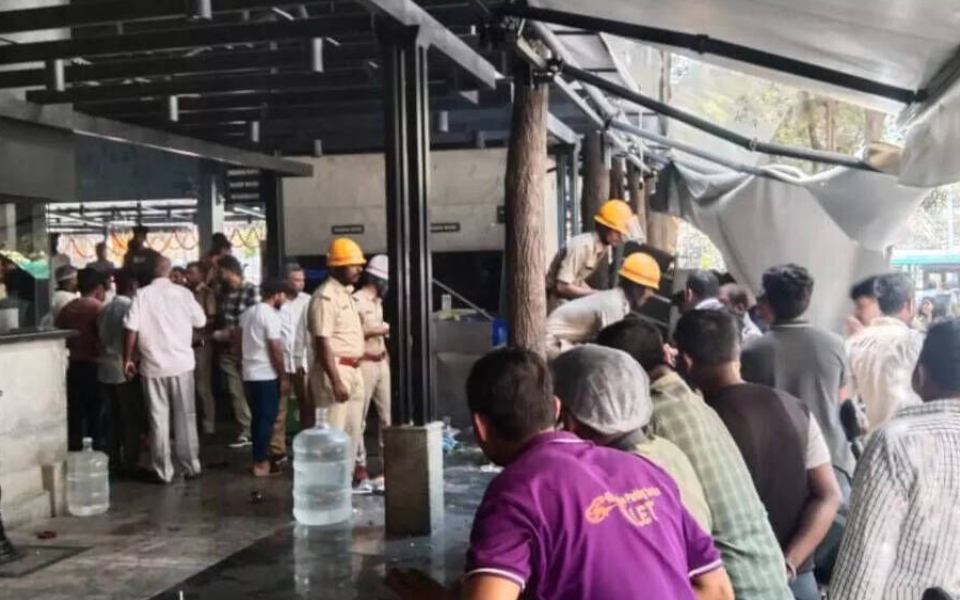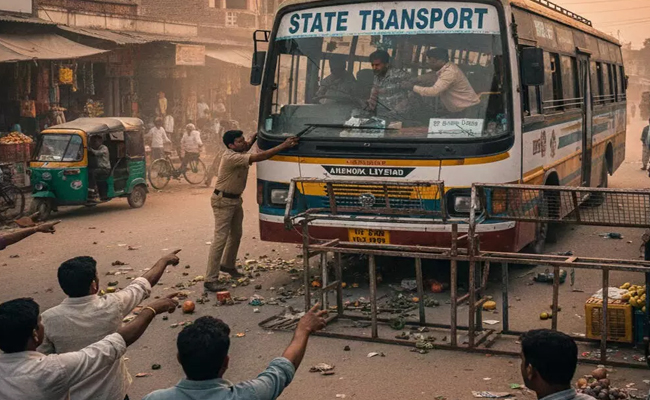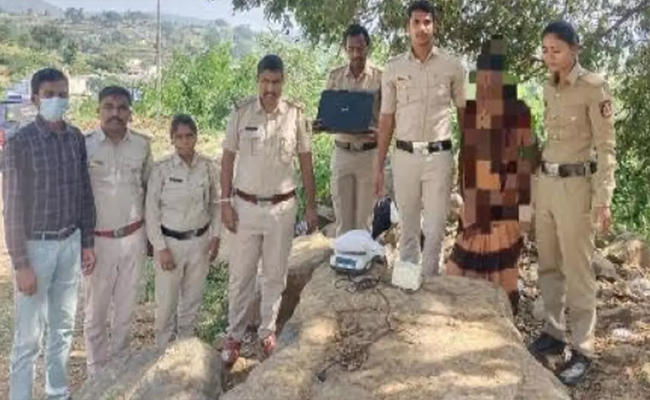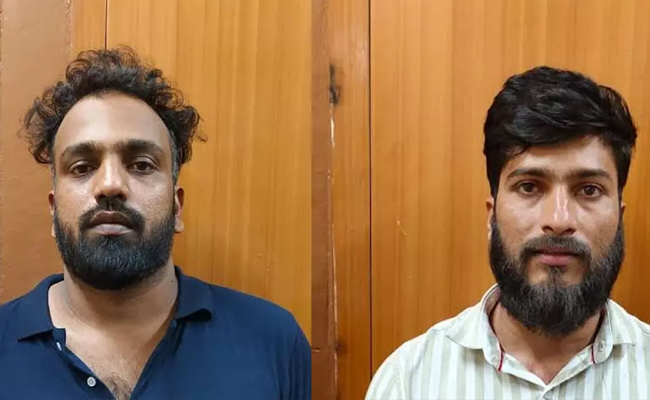Bengaluru, Mar 2: Bengaluru Police Commissioner B Dayananda on Saturday said that the investigation of the Rameshwaram cafe blast in which 10 people were injured has been handed over to Central Crime Branch and that no arrest has been made in connection with the incident. In a post on 'X', he said, "Investigation of the case has been handed over to the Central Crime Branch (CCB). All the injured are recovering. No arrest (have been) made."
Earlier in the day, police sources said that four persons have been detained for questioning in connection with yesterday's low-intensity bomb blast at a Bengaluru eatery. They were picked up from Dharwad, Hubballi and Bengaluru.
Dayananda said that the investigation into the incident, caused by an Improvised Explosive Device (IED), is in full swing.
"Several teams are working on different leads obtained so far," he said.
ALSO READ: Car topples, hits divider after tyre burst on Bengaluru-Mysuru highway in Mandya; no casualties
"Keeping in mind the sensitivity of the case and the security concerns, we appeal to the media to not indulge in speculation and cooperate," Dayananda said.
Meanwhile, security has been tightened across Bengaluru, especially at Kempegowda International Airport, M Chinnaswamy cricket stadium, bus stands, railway stations and other areas which witness a higher footfall, following the incident in Brookefield in one of the IT corridors of the city.
The Bengaluru Police has registered a case under the stringent Unlawful Activities (Prevention) Act and Explosives Substances Act in connection with the explosion at the popular quick-service eatery.
Let the Truth be known. If you read VB and like VB, please be a VB Supporter and Help us deliver the Truth to one and all.
Bengaluru: Vidyaranyapura police have arrested four persons, including a man posing as a Police Sub-Inspector (PSI), for allegedly breaking into a house, threatening the occupants, and extorting money while wearing police uniforms.
The arrested accused have been identified as Mallikarjuna, Pramod, Vinay, and Hrithik.
Police said the accused had hatched a plan to pose as police personnel, conduct fake raids, and extort money from residents by intimidation.
ALSO READ: Bantwal police arrest two men for illegal sale of narcotics, seize two vehicles, 810 gm ganja
According to the police, Mallikarjuna had failed the PSI examination twice and later falsely projected himself as a PSI. He allegedly conducted photo shoots in his hometown, Siraguppa, wearing a police uniform, baton, cap, and shoes, claiming to be serving as a PSI in Bengaluru.
On December 7, the four accused allegedly went to the house of Naveen in the Vidyaranyapura limits, threatened him with a stick and an iron rod, and claimed they had information that he was selling ganja. Under the pretext of searching, they allegedly extorted ₹87,000 through bank transfer, ₹53,000 in cash kept in the house, and ₹2,000 from his wallet.
Following Naveen’s complaint, Vidyaranyapura police registered a case and launched an operation, leading to the arrest of all four accused. Police have seized ₹45,000 in cash and the car used to commit the crime.
Further investigation is underway.





